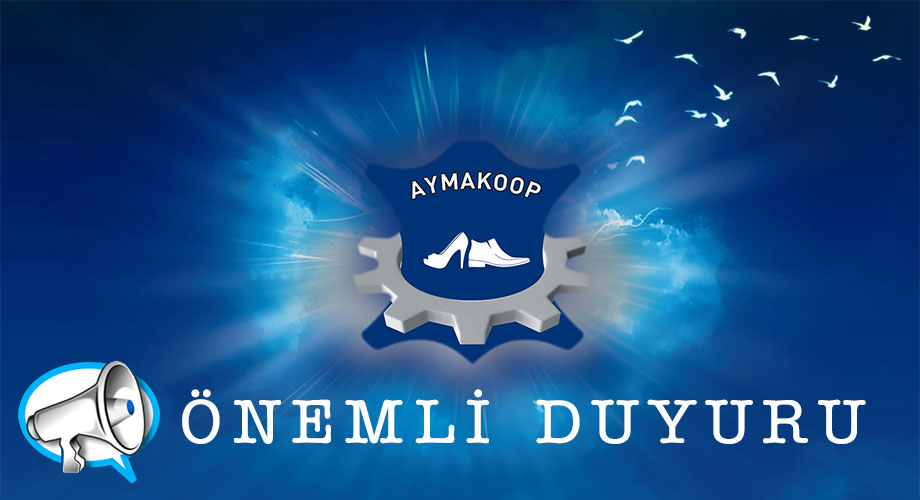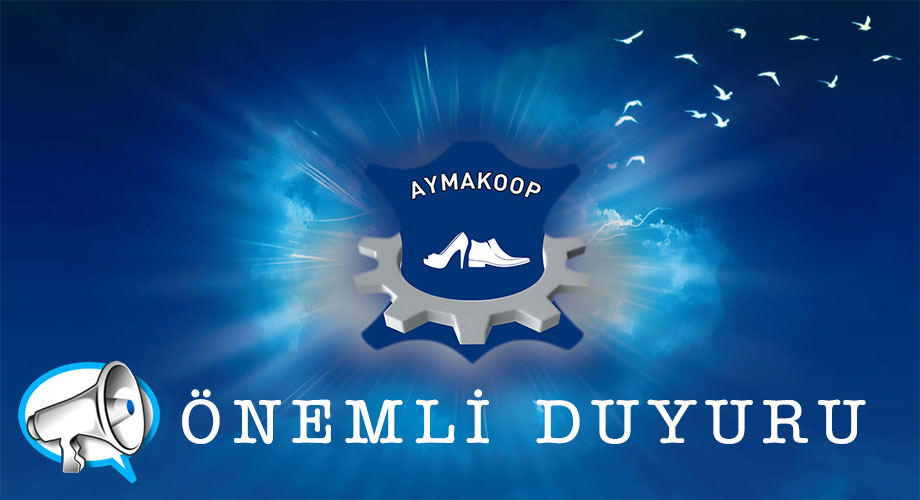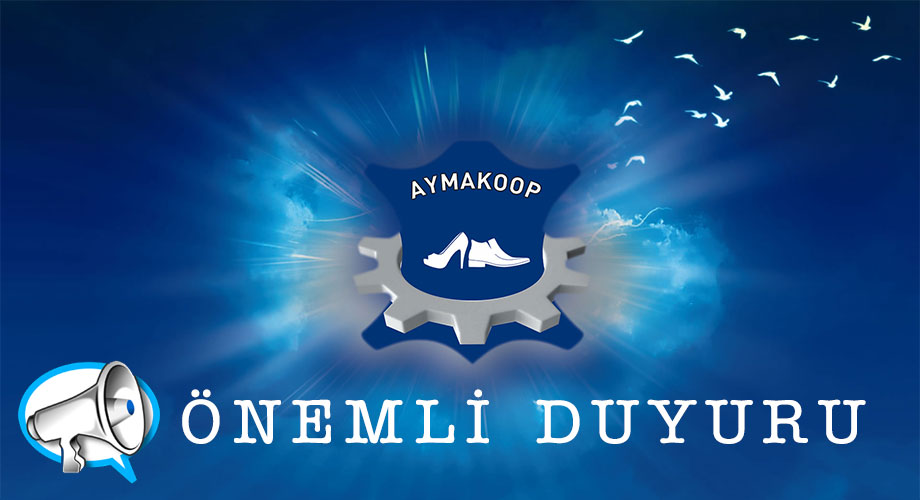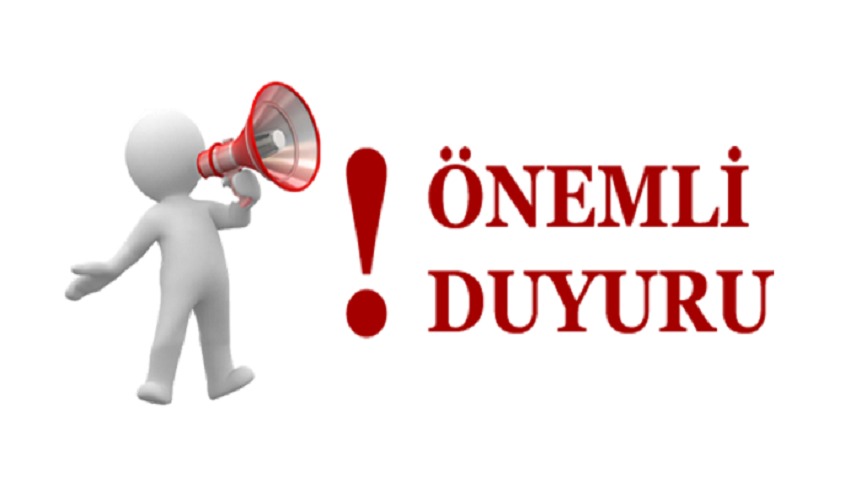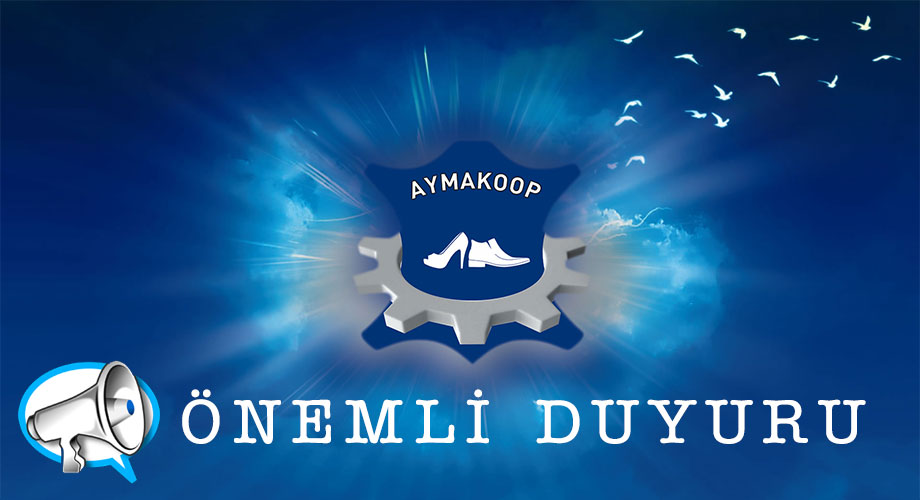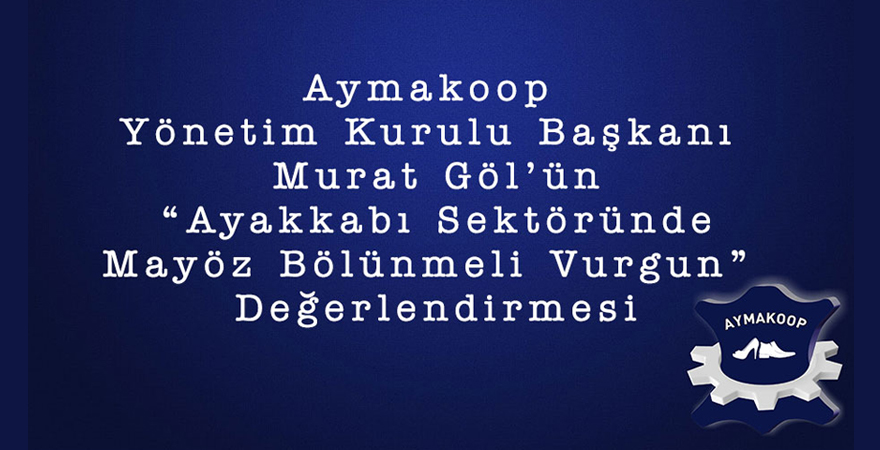
Aymakoop Board Chairman Murat Göl’s Assessment of the Mayöz Split Profits in the Shoe Industry:
Two different front companies are being established
Aymakoop Chairman Murat Göl stated that two front companies were established in the fraudulent activity. "The first imports the soles," Göl said, "and the other imports the uppers. The parts are then assembled by a manufacturer." When asked why two companies were established, Göl replied, "To conceal the fraudulent transaction."
According to the Turkish Exporters Assembly's (TİM) import data for January 2017, footwear by-products broke a record in the Republic's history. Imports increased by nearly a thousand percent. The underlying reality of this historic increase is such that it makes one wonder, "This could only happen in Türkiye."
'SPLASH-ASSEMBLY!'
The Turkish Ministry of Economy imposed an additional tax on imported footwear to protect domestic shoe manufacturers. This additional tax was imposed to prevent domestic manufacturers from being affected by cheap footwear, particularly from China and the Far East. To circumvent the additional tax, cunning companies began introducing products into the domestic market by using a split method. Products arriving in parts abroad are assembled in Türkiye, allowing them to enter Türkiye without additional taxes.
THE WHEEL IS RUNNING SMOOTHLY
The mind-boggling mechanism works like this: Shoes, especially from China and the Far East, are now being imported in pieces instead of as one-piece pieces. Shoes enter the Turkish market as two-piece pieces: the upper and sole, like Lego pieces. After the necessary customs procedures, the pieces are assembled in approximately two minutes. The most devastating aspect of this illegal operation, which has dealt a blow to domestic manufacturers, is the "Made in Turkey" branding on the final product.
EASY TO USE, LOW EXPENSE
Sinan Beyhan, Chairman of the Board of Directors of the Istanbul Shoemakers Aykosan Small Industrial Site Construction Cooperative (AYKOSAN), made striking statements on the matter. Beyhan explained: “The shoes are cut in China. When they're brought to Türkiye, they pay the same raw material tax. Because they appear semi-finished, the leather on the shoes is already sewn. The cost of sewing the uppers is 5 lira. The uppers and soles are then joined together. This process doesn't cost much. It's easy.”
10 MILLION PAIRS ENTERED THE TURKISH MARKET
It's claimed that 10 million pairs of shoes were smuggled into Türkiye. TİM figures confirm this. According to TİM's January 2017 import data, shoe by-products increased by an average of 1,000 percent. The increase in imports for shoe uppers, code 640610, increased by 802 percent. The increase in uppers, code 64069030, which are attached to the inner part of a shoe without an outsole, was 1,030 percent. The smuggling directly affects the 2 million people working in the Turkish footwear industry. Illegal imports primarily hit Turkish manufacturers. They lose labor and are forced to rely on the sector to buy and sell finished products. The only winners from these illegal imports, which cause losses to both the Turkish economy and manufacturers, are the companies that attempt them. A $10 imported product, imported as a single piece, costs $22, while a disassembled product costs approximately $14. The remaining $8 per shoe is retained by the companies involved in the illegal imports. Domestic producers expect the Ministry of Economy and Customs and Trade to intervene immediately and put a stop to companies engaged in illegal imports.
The first step was taken against the scandal
Ömer Kadir Arpacı, President of the Shoe Components Industry Association, stated that they have observed an abnormal increase in imports of footwear components. Arpacı said, "We applied to the Ministry of Economy 15 days ago to investigate this abnormal increase." Arpacı explained that they believe the reason for the increase in imports is the changing nature of shoe imports, adding, "Only those who assemble uppers in Türkiye profit from the transformation. The rest lose. This is an unfair advantage."
Two different front companies are being established
Aymakoop Chairman Murat Göl stated that two front companies were established in the fraudulent activity. "The first imports the soles," Göl said, "and the other imports the uppers. The parts are then assembled by a manufacturer." When asked why two companies were established, Göl replied, "To conceal the fraudulent transaction."

